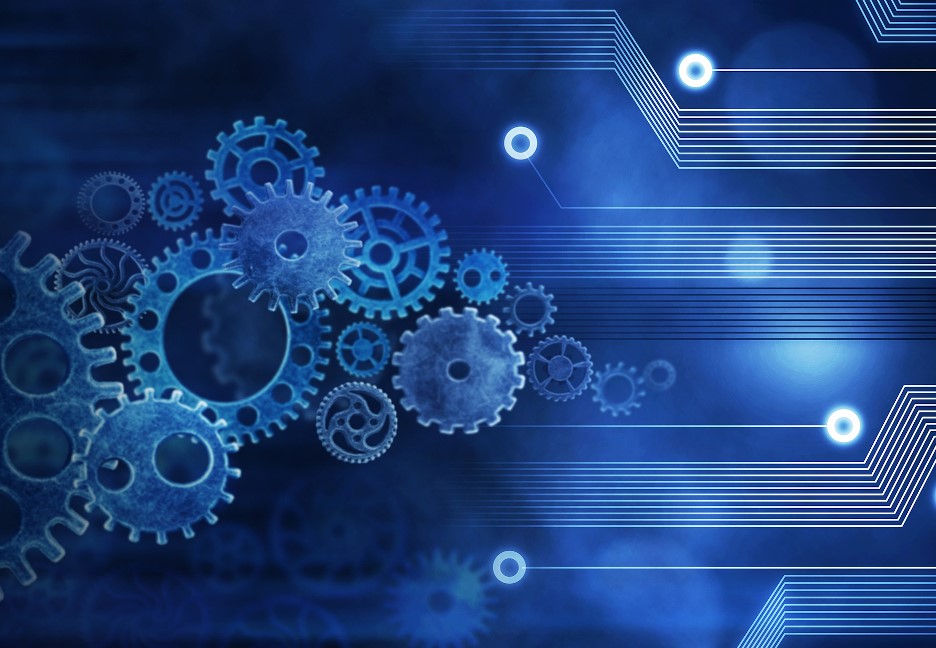In this article you will read about,
- how you can use ModelArts to develop AI applications – with or without programming skills
- which frameworks and tools ModelArts provides for professional developers
- how the end-to-end development platform can save time, effort, and costs
Artificial intelligence (AI) is increasingly becoming a competitive factor: 79 percent of the German companies that took part in a worldwide Deloitte study already consider artificial intelligence to be very important or a critical factor for success. 75 percent of the companies in Germany surveyed by the Fraunhofer IAO are currently working on questions relating to artificial intelligence, 16 percent are already using it – and say that they greatly benefit from their respective AI applications.
The ModelArts development environment is now available in the Open Telekom Cloud to develop AI applications. It allows not only experienced developers, but also users without programming skills to train and deploy AI models – thanks to an easy-to-use user interface and an auto learning function. Naturally, in addition to auto learning, ModelArts also supports machine learning and deep learning.
